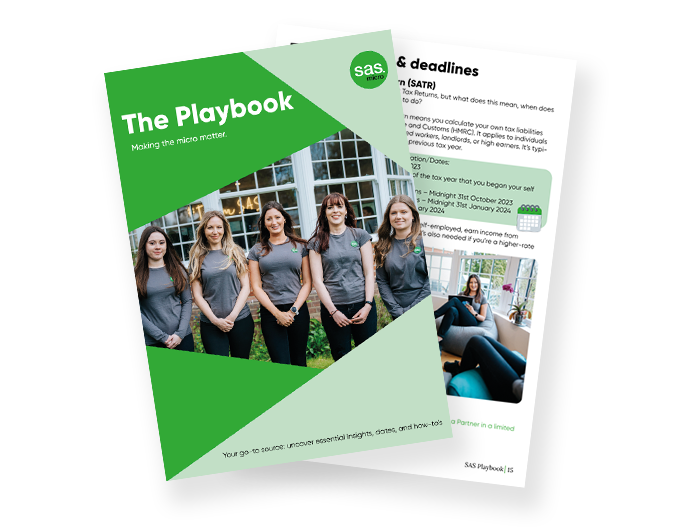As an accountancy practice committed to supporting our clients, we understand the importance of effectively managing corporation tax, VAT, and personal tax liabilities in the UK. Here are some streamlined tips to help you navigate these obligations:
- Educate yourself on tax obligations: Understanding the basics of Corporation Tax, VAT, and Personal Tax is essential. This knowledge will help you in complying with UK tax laws and leveraging available reliefs.
- Keep accurate financial records: Good record-keeping is crucial for accurate tax calculations. Invest in reliable accounting software, such as Xero, to track all business transactions, which simplifies the process of filing taxes and claiming expenses.
- Regular tax saving: Allocate a portion of your income regularly to a dedicated tax account. This practice ensures that you’re financially prepared when taxes are due and aids in efficient cash flow management.
- Maximise tax allowances and reliefs: Stay informed about various tax reliefs and allowances offered by the UK government. These can significantly reduce your tax bill, so ensure you’re taking full advantage of them.
- Efficient VAT management: If VAT applies to your business, consider schemes like the Flat Rate Scheme to simplify VAT accounting or the cash scheme to assist with cash flow management. Regularly assess whether your current VAT scheme aligns with your business operations.
- Seek professional guidance: Tax laws can be complex. Engage with us as your accountants for personalised advice, ensuring that your business complies with the latest tax regulations and benefits from strategic tax planning.
- Adhere to tax deadlines: Avoid penalties by being mindful of tax submission and payment deadlines. Implement a system of reminders to keep these dates front and centre.
- Explore payment options with HMRC: If you’re struggling with tax payments, contact HMRC to discuss possible payment plans. Proactive communication can lead to manageable solutions like Time to Pay arrangements.
- Personal tax planning: For business owners, optimising personal tax is as crucial as managing business taxes. Utilise personal allowances and savings options effectively.
- Regular review and adjustment: Tax planning is an ongoing process. Regular reviews will ensure your strategies stay relevant to your business’s changing needs and tax law updates.
By following these tips, you can achieve a more structured approach to managing your tax obligations, contributing to the financial health and growth of your business.
Share this post

